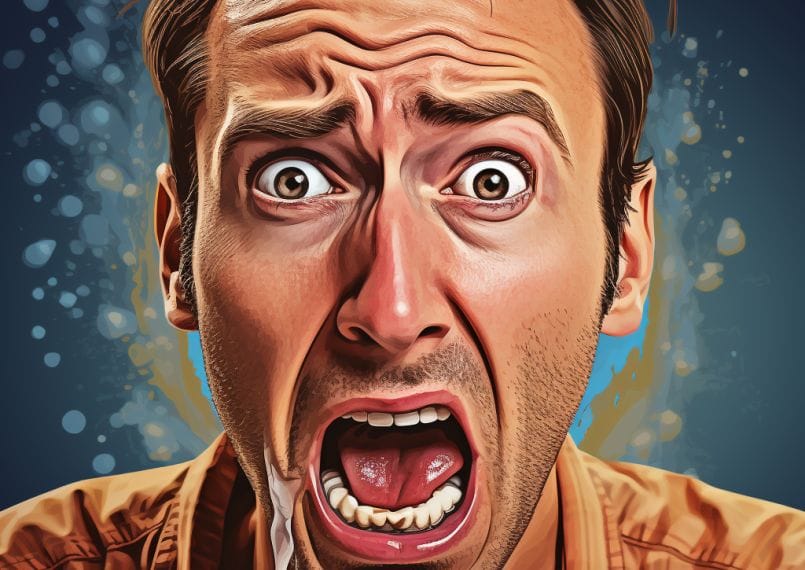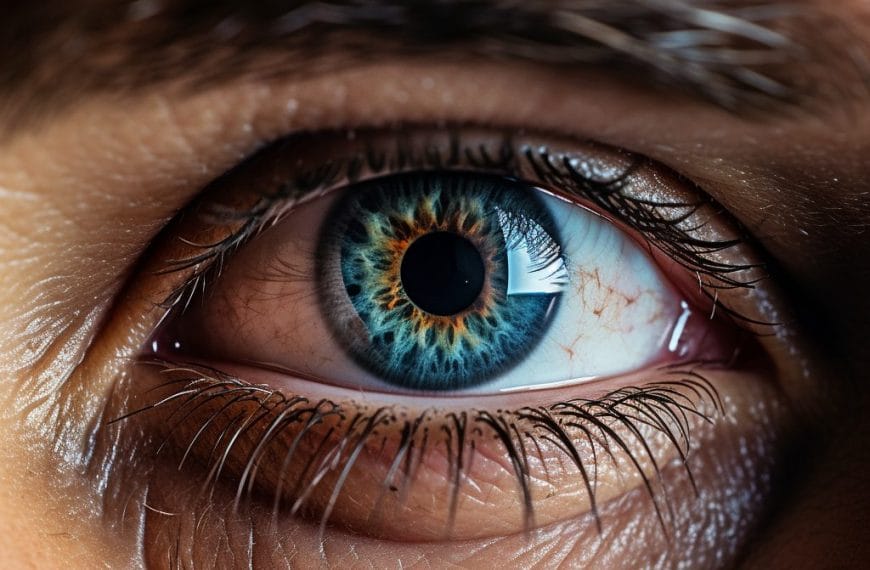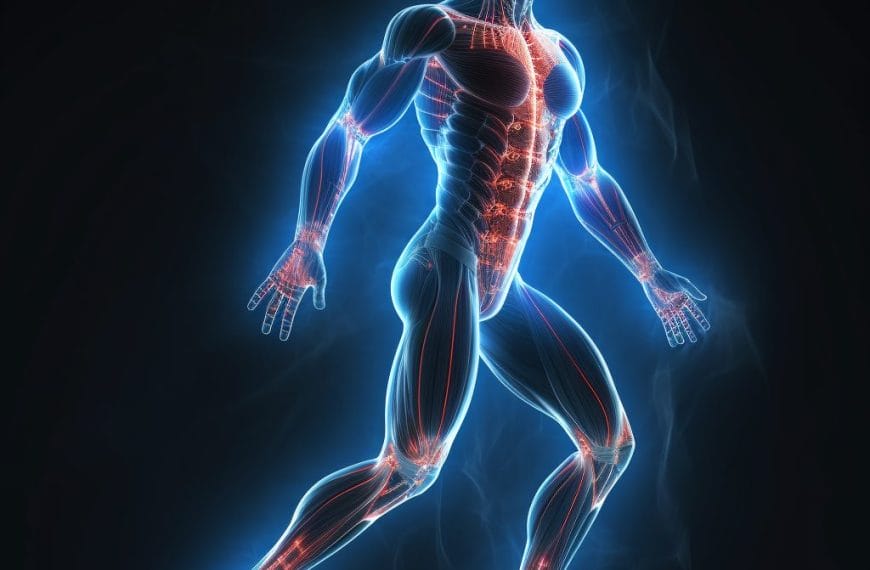Quick Answer: Sweat itself is almost entirely odorless. The smell comes when bacteria on your skin break down certain components of sweat into potent chemicals, creating that familiar scent we call “body odor.”
Unlocking the Scent of Sweat
Perspiration is your body’s built-in cooling system, helping regulate temperature during heat, exercise, or stress. But while sweat is mostly just water, your skin plays host to tiny living companions—microbes—that transform sweat into something far more aromatic.

The skin’s diverse microbiome thrives on small amounts of proteins, fats, and other nutrients in sweat. When bacteria munch on these molecules, they create strong-smelling byproducts like fatty acids and sulfur-rich compounds, leading to body odor.
From Pure Sweat to Pungent Odor
Fresh sweat barely has a scent. The distinctive odor develops after bacteria metabolize its components into chemicals. For example:
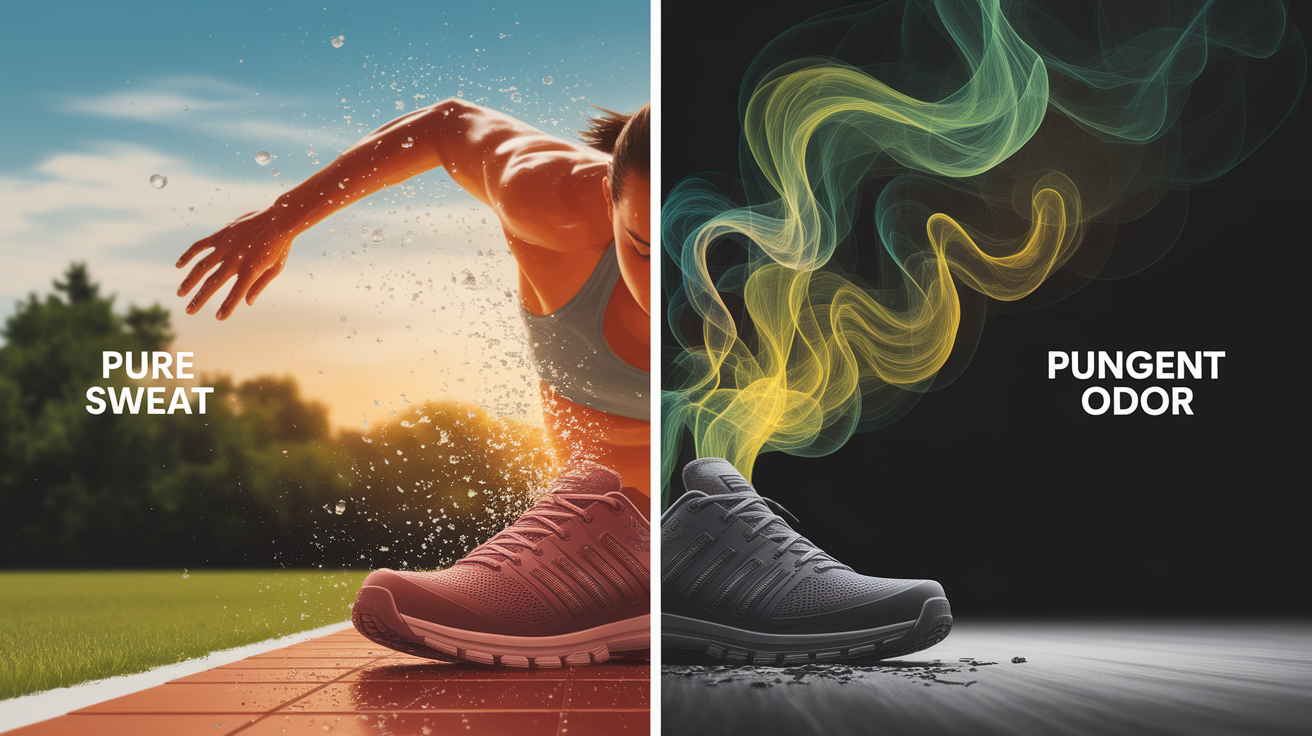
- Staphylococcus hominis produces the enzyme C‑T lyase, turning odorless molecules into thioalcohols with a powerful sulfur smell.
- Corynebacterium species create fatty acids that can smell rancid or cheesy.
- Some Staphylococcus epidermidis strains produce isovaleric acid, a tangy, sweaty-foot scent.
These reactions happen most notably in warm, moist areas like the armpits, where sweat and bacteria are abundant.
The Gland Factor: Eccrine vs. Apocrine
Your sweat comes from different gland types, and each plays a unique role in this scent story:
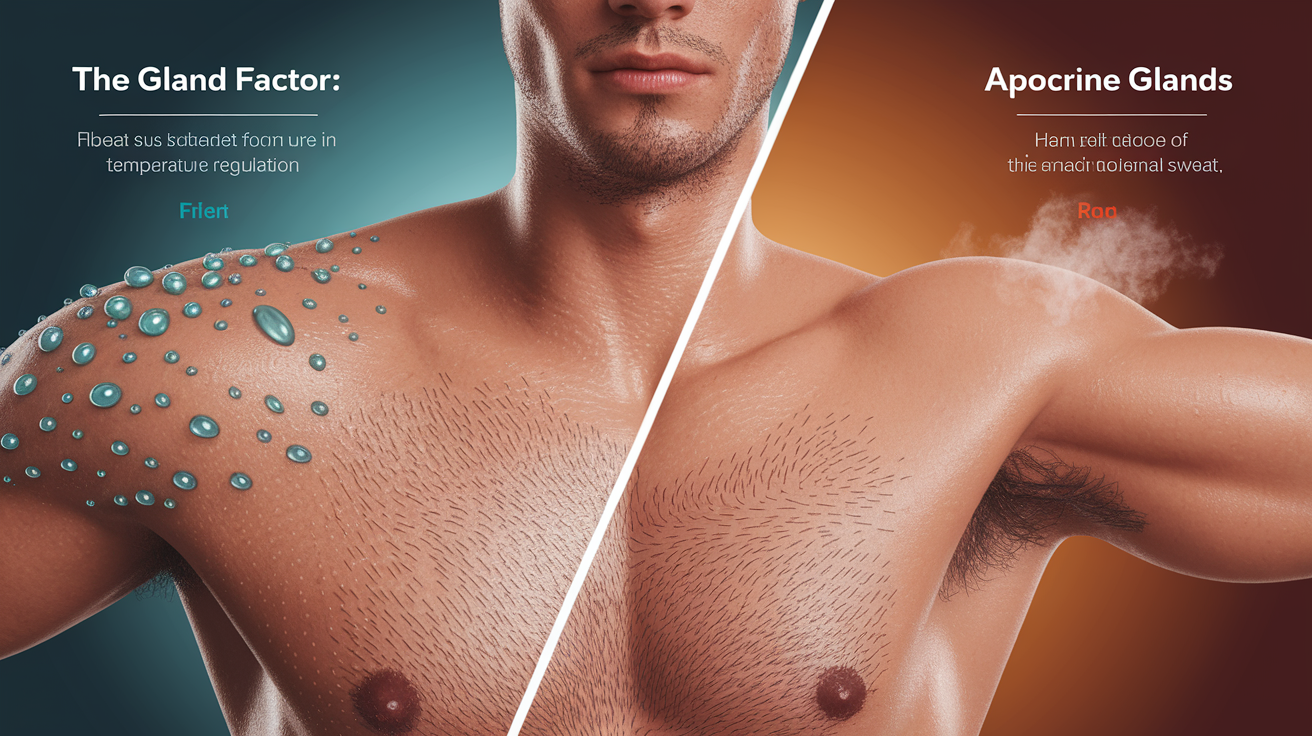
- Eccrine glands: Found all over the body; secrete mainly water and electrolytes. This sweat is for thermoregulation and is largely odorless.
- Apocrine glands: Concentrated in hairy areas such as the armpits (axilla) and groin; produce a thicker, protein- and lipid-rich sweat that bacteria love to feed on.
- Sebaceous glands: Add oils to the skin surface, shaping the environment where bacteria live, though their influence on smell is more indirect.
Since apocrine glands become active at puberty, that’s when many people first notice stronger body odor. You can read more about gland functions here.
Why Some Sweat Stinks More
Not all sweat smells the same, and several factors influence odor intensity and quality:

- Genetic makeup: Affects skin chemistry and the microbes you host.
- Diet: Strong spices, garlic, onions, alcohol, and sulfur-rich foods can change sweat’s scent.
- Health & medications: Some conditions or drugs can alter sweat composition, leading to different odors—like sweat that smells like ammonia.
- Hormones: Fluctuations, especially during puberty or stress, can trigger sweat that bacteria find extra appetizing.
- Gender differences: On average, males have more active apocrine glands and body hair, creating more sites for bacterial activity.
If you’ve ever wondered “why does armpit sweat smell so strong?”, it’s the combination of apocrine secretions, bacteria, and warmth working overtime.
Take Control of Body Odor
Managing sweat smell isn’t about stopping your body’s natural processes—it’s about controlling the bacterial breakdown:

- Stay clean: Regular washing removes sweat and reduces bacterial numbers.
- Use deodorant: Deodorants mask or neutralize odor; antiperspirants also reduce sweat volume by blocking ducts.
- Wear breathable clothes: Natural fibers like cotton allow air flow, reducing moisture retention.
- Mind your diet: Limiting foods that intensify odor can help.
- Stay dry: Particularly after exercise—bacteria flourish in moist environments.
From Sour Scent to Fresh Confidence
While body odor is completely natural, understanding its causes gives you the power to manage it. The key is the relationship between sweat composition and the skin’s bacterial residents. By adjusting hygiene habits, clothing choices, and sometimes diet, you can keep your cooling system running without the unwanted aroma tag-along.
The next time you notice an especially pungent post-workout aroma, remember: your skin microorganisms are simply doing their chemical handiwork—and you have plenty of tools to keep that process in check.




